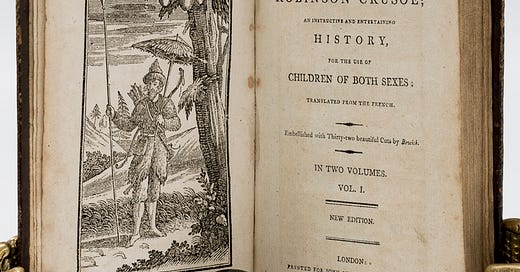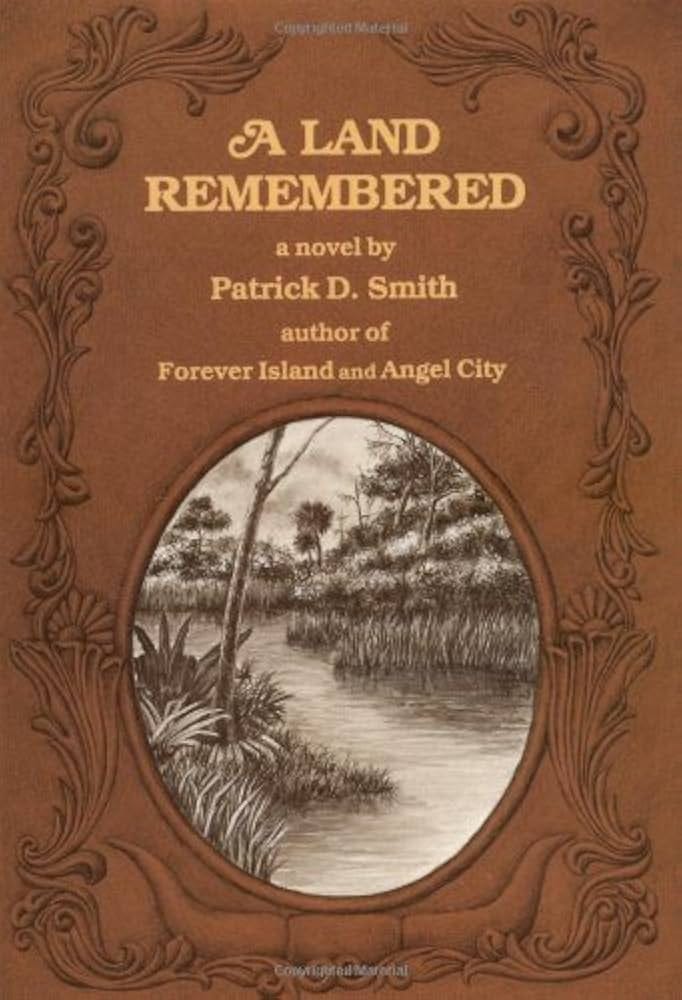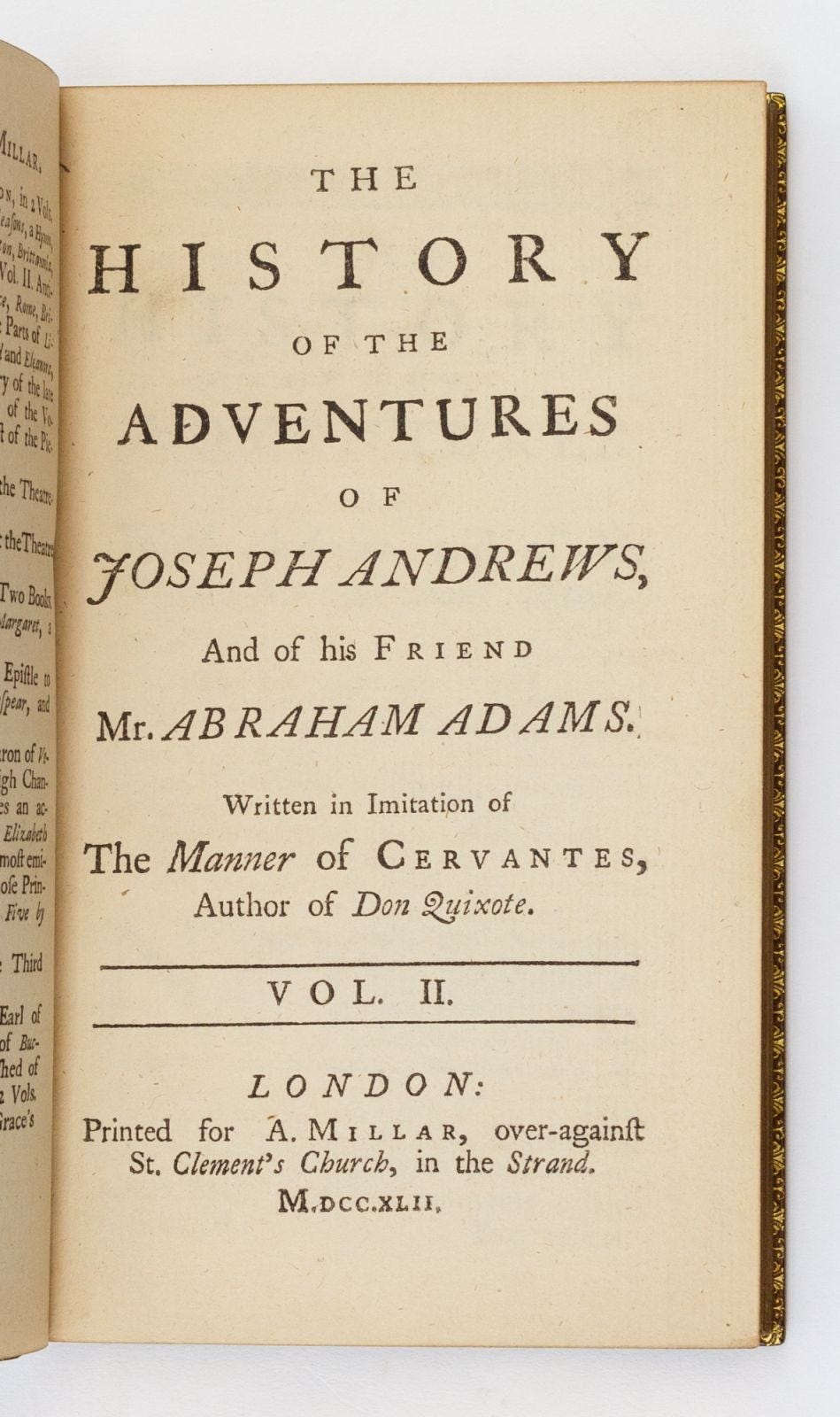Happy (almost) New Year.
As Christmas rolled toward, it seemed like time to finish a couple books I recieved last Christmas. One was A Land Remembered, Patrick D Smith’s voluminous tale about Florida’s development from treacherous swamp to tourist hotbed.
The book had been recommended by a history professor. He knows all about the Sunshine State, and according to him, A Land Remembered is on a level of its own in telling the state’s story.
When I opened the book last Christmas, though, I was a bit surprised with what I found. Based on my professor’s description, I had expected something nonfiction. Instead, this (rather thick) novel peered up through the wrapping paper.
I checked old scribbled notes and did some googling to make sure this was right book. Yep, that’s it. That the book would be in narrative form simply hadn’t occurred to me.
But I shouldn’t have been so thrown off.
It surprises many to learn, but the words history and story were once the same. In Middle English and Early Modern English, the two were used interchangeably.
It’s the reason old book titles often read like this:
It used to be The History of the Adventures of Joseph Andrews, And of his Friend Mr Abraham Adams. Buy the book today, and it’s just Joseph Andrews.
This 1804 edition reads, The New Robinson Crusoe; An Interactive and Entertaining History, for the Use of Children of Both Sexes. Today, it’s Robinson Crusoe.
Book titles have shortened for a variety of reasons. But these examples capture the relative ease with which “history” was used to mean, simply, “story.”
In one direction, we grasp this well. If we say someone’s good at telling stories, that can mean a few things. They might share something real (like a story from their day), something imaginary (like a bedtime story), or a mixture of the two. We all know a storyteller who’s good at stretching the details. But we don’t fault them for it. As they speak, we intuitively sense that selection is at play. We sift the real from the imaginary. In fact, we get annoyed when selection doesn’t take place: “I don’t care what temperature the room was. Get on with the story!”
That’s calling something real a story. But in the other direction, calling something imagined a history, we start to feel uneasy. Because we take history to mean information—straight facts. A novel might be historical. Maybe. But that’s stretching it.
Much less can we fathom old bookstores stacked full of titles like The History of Fake Guy’s Adventures. Not if he didn’t live!
History and story are the same in that they’re both narratives. We think history is synonymous with information. It’s not.
Information is knowledge, facts, details, particulars. But information is not a history until a narrative is sculpted. You walk into the doctor’s office and he says, “What’s your family medical history?” He really doesn’t care that your eyes are hazel, or that you have ten fingers, or that you were healthy in 2017, or that your dad was bald, or that your mom’s heart beat her whole life, or that your grandpa had a funny scar that he got in the schoolyard but it healed in the shape of an “S” and he ended up marrying a girl named Sharon so it all worked out kind of nice. Those bits of information can all be true. What your doctor is asking for, though, are facts that connect one to the other in somewhat of a suggestive progression, ideally one related to the purpose of your visit that day.
In other words, a narrative.
Now, before I sound too much like a jaded Reddit atheist, let me clarify. I’m not one of those people saying history (in the modern sense) is all made up and we can never know what was real.
My point is that a history, however truthful, is a story.
Much is at stake when we miss this.
I write this at a time of year when we naturally reflect on things past. What’s true for me may be true for you, that there are pieces of the year I might like to have happened differently. (This much is true always.) An event that took place, though, need not be the entirety of the story you remember.
Reading A Land Remembered, I was struck by how the protagonists, characters who face so much loss—of animals, children, spouses, homes, and livelihoods—push ahead and pull new lives from the land. It reminded me of stories told by my ancestors, of crossing plains in wagons and tractors to find a new home. It seems today we are overwhelmed by so much less. Information inundates us, but we abdicate our ability to select, to craft, to narrate. We think only in true/false. And so, that’s what happened becomes that’s all there is to it.
The suggestion is to remember what happened this year, but remember it as part of a larger tale. Write your own history. You choose the narrative.
Narratives get a bad rap. Reasonably so. But we’re narrative makers. It’s what we do. By misconceiving what histories are, we don’t stop telling them; we tell them worse. We fixate on those facts that disappoint us, neglecting our right to select and situate them within a broader frame.
That’s what happened. It may be true. But who said there’s not more to it?
What events took place in your year is only a part of the matter. The next part, the part more invigorating, is determining what they mean. It’s narrating your story.
Writing your history.
Haven’t published here in nearly a year. It’s been too long, will send an update. Thanks for sticking around.
-Tim








“By misconceiving what histories are, we don’t stop telling them; we tell them worse. We fixate on those facts (like the temperature) that disappoint us”… or barely matter in the grand scheme. Man I loved this line and what you pulled from this small trivia fact.